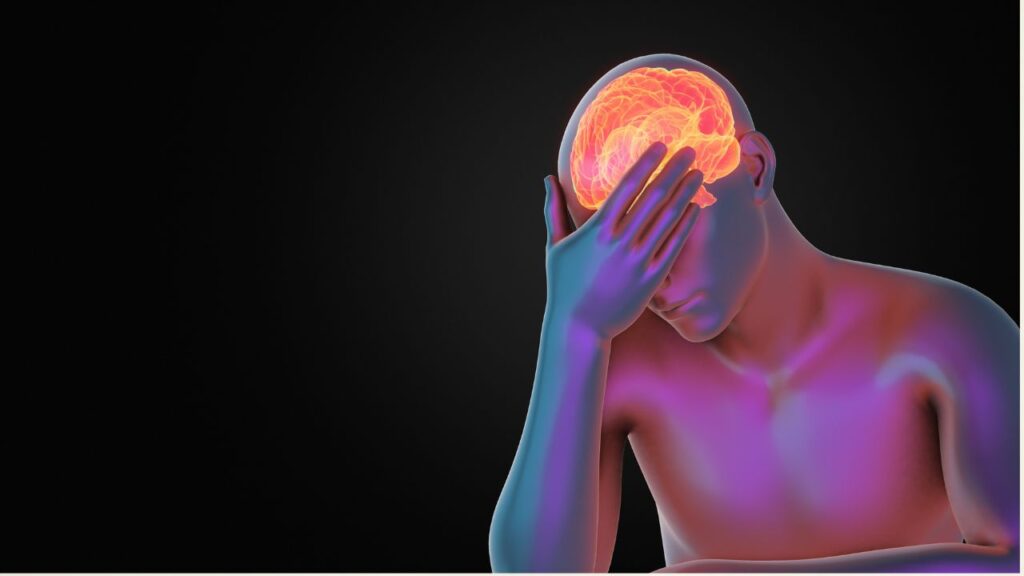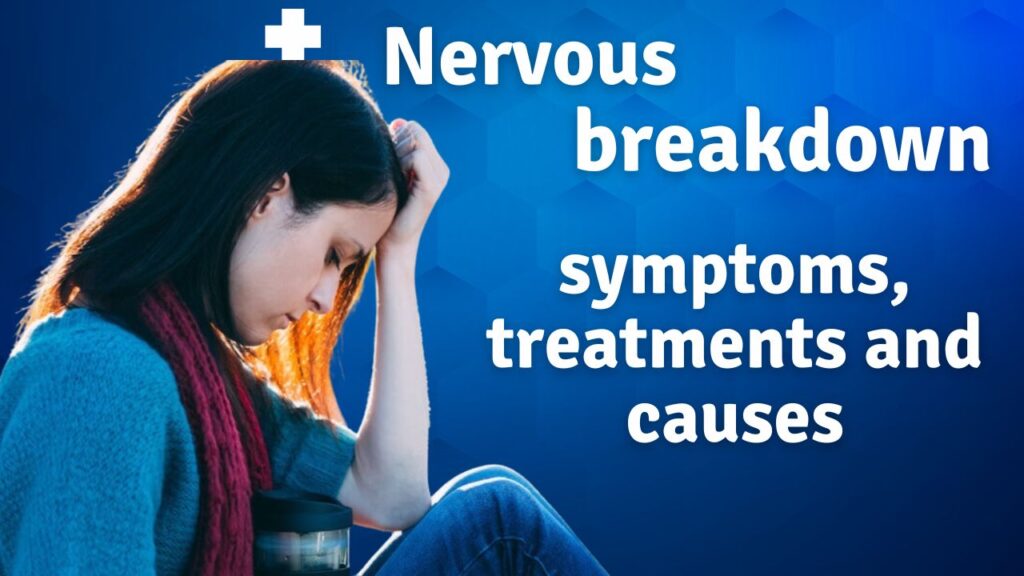Nervous breakdown – symptoms, treatments and causes
On this page
What is a nervous breakdown?
What are the symptoms of a nervous breakdown?
What causes a nervous breakdown?
When should I see my doctor?
How is a nervous breakdown treated?
Can a nervous breakdown be prevented?
What does recovery look like after a nervous breakdown?
1. What is a nervous breakdown?
A anxious breakdown is additionally known as a mental wellbeing emergency. It depicts a unpleasant time in someone’s life when it gets to be physically and sincerely overpowering.
Everyone encounters push and uneasiness when they feel beneath weight, in spite of the fact that more often than not at levels that are sensible. When stretch and sentiments of stress or uneasiness are there all the time, and construct up to a level that affects a person’s standard of, living they may describe this as having a anxious breakdown.
Apprehensive breakdown isn’t a restorative term. In any case, it may be utilized to depict somebody who isn’t adapting with push or mental wellbeing issues such as discouragement or uneasiness.
2. What are the symptoms of a nervous breakdown?
If you feel you are having a nervous breakdown you may:
have anxiety or depression that you can’t manage
withdraw from your usual daily activities, miss appointments or social activities
feel hopeless or helpless
neglect your personal hygiene
feel angry or irritable
have delusions or hallucinations
feel paranoid, nervous or scared

Physical symptoms can include:
sleep problems such as insomnia
bowel problems such as irritable bowel syndrome
chest pain or feeling like your heart is racing
sweating
changes in sexual interest
Individuals who are encountering a apprehensive breakdown for the most part can’t work as normal. They may have considerations of self-harm.
3. What causes a nervous breakdown?
Other factors that may affect mental health and cause a nervous breakdown are:
lack of social support
slow build-up of stress
homelessness and unemployment
work, relationships or financial problems
lack of coping skills and resilience
Stress, stretch and uneasiness can construct up over a long period of time. They can reach a point where a individual is now not able to manage or perform their ordinary day by day errands.
Burnout is when a individual comes to a state of add up to mental, physical and enthusiastic fatigue. It has a few comparative signs and side effects to a anxious breakdown.
4. When should I see my doctor?

On the off chance that you’re concerned that you simply or a loved one is battling, it is critical to look for assist. You ought to see a specialist or clinician.
Untreated mental ailment can lead to longer lasting mental wellbeing issues, as well as social and physical challenges. It’s imperative to induce proficient offer assistance in the event that your side effects are:
constant
last more than 2 weeks
negatively affecting your daily life
5. How is a nervous breakdown treated?
Treatment for a apprehensive breakdown depends on the basic issue and cause. Taking after a anxious breakdown, treatment may incorporate:
medicines
psychotherapy — such as or cognitive behavioural therapy (CBT)
community support programs
6. Can a nervous breakdown be prevented?

Learning how to manage with stretch and uneasiness can help improve your way of life and anticipate a apprehensive breakdown. Here are a few tips to assist oversee stress and anxiety:
Follow a healthy diet
Avoid soft drinks or caffeine
Exercise
Practice good sleep habits
Avoid drugs and alcohol as a coping strategy
Learn relaxation techniques such as meditation or breathing exercises
Build resilience
Get to know the signs that indicate you are struggling to cope
7. What does recovery look like after a nervous breakdown?
Recuperation taking after a anxious breakdown is distinctive for everyone. It’s not continuously clear how long it may take to recoup. Everybody has distinctive stressors and adapting capacity. In case the cause of your apprehensive breakdown has been analyzed and you get treatment, your side effects ought to move forward inside 6 months.
It is vital to preserve great mental health and look for offer assistance once you require it.
